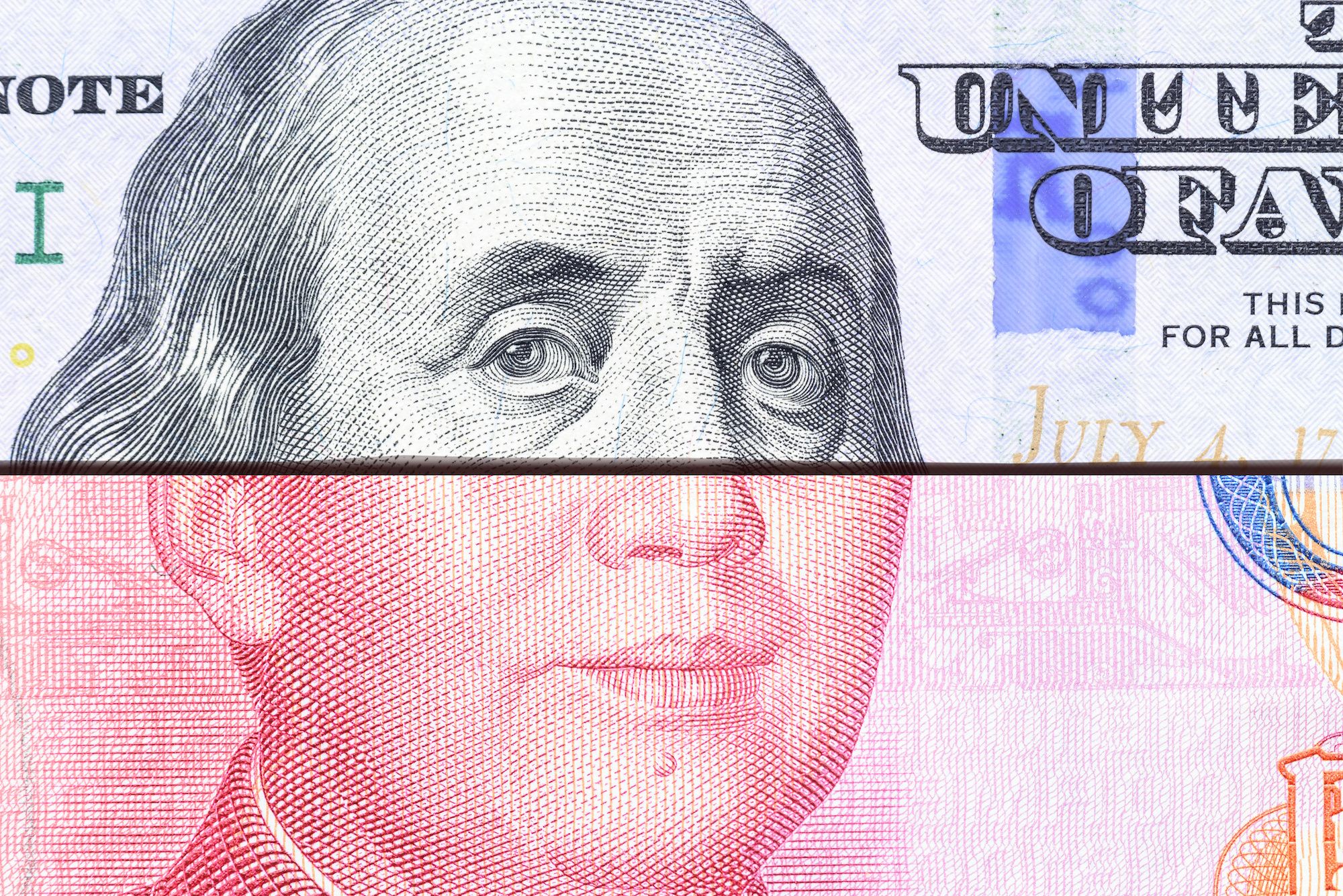
RECOMMENDED READING
In the Wall Street Journal today, former Treasury Secretary Hank Paulson gives a rundown of the generic case for “How American Free Trade Can Outdo China.” Three things jump out:
1. He leads with the point that, “America’s economic prosperity and the effectiveness of our political system and global leadership are rooted in domestic economic strength,” and his first recommendation is “an economic recovery program that invests in core technologies such as telecommunications and advanced computing.” That’s a welcome acknowledgment of the need for policymakers to identify critical industries and develop policies that will channel investment accordingly.
2. Paulson frames the public debate thusly: “Winning over trade skeptics on both left and right will require Mr. Biden to explain how helping companies compete in global markets benefits American workers and families.” I’ve yet to meet a trade skeptic who doesn’t think that helping American companies compete in global markets benefits American workers and families. Winning over trade skeptics will require acknowledging the actual drawbacks of free trade with authoritarian mercantilists and explaining how policy reforms can address this. Which brings us to…
3. Paulson’s suggestion for dealing with China: “We should initiate new bilateral talks that open up China to our export industries, such as environmental goods and precision machinery, without forgetting to strengthen intellectual-property protections and eliminate unfair trade practices.” Let’s also ask for ponies. Flying ponies. We should be thankful for the admission that China is not open to our export industries, that it does not protect our intellectual property, and that its trade practices are unfair. But what is the plan for changing that? Asking nicely?
The thing about trade negotiations is that they are negotiations. Once must have something to offer, or else have a source of leverage to exercise. The U.S. has a great deal of potential leverage over China and it was the Trump administration’s strategy to develop and use it. Whether they did that well or not, we can debate at great length. But while Paulson clearly considers the Trump strategy a failure, he offers none of his own. Unilaterally disarming from trade conflict on behalf of open markets, and then making empty demands, is not a plan.
Recommended Reading
20 Years of “Free Trade” with China
We have adapted Senator Rubio’s speech as an essay, which we are pleased to present as this week’s Compass Point: Trading It All Away.
Policy Brief: End “Permanent Normal Trade Relations” with China
Reclaiming control of U.S. trade policy
It’s Time for a Neoclassical Economic Reckoning
Oren Cass’s essay demonstrates how the advantages of industrial policy, apparent to some of the founders of economics and foundational to the success of the United States, were carefully airbrushed out by advocates of free trade in the 20th century.













